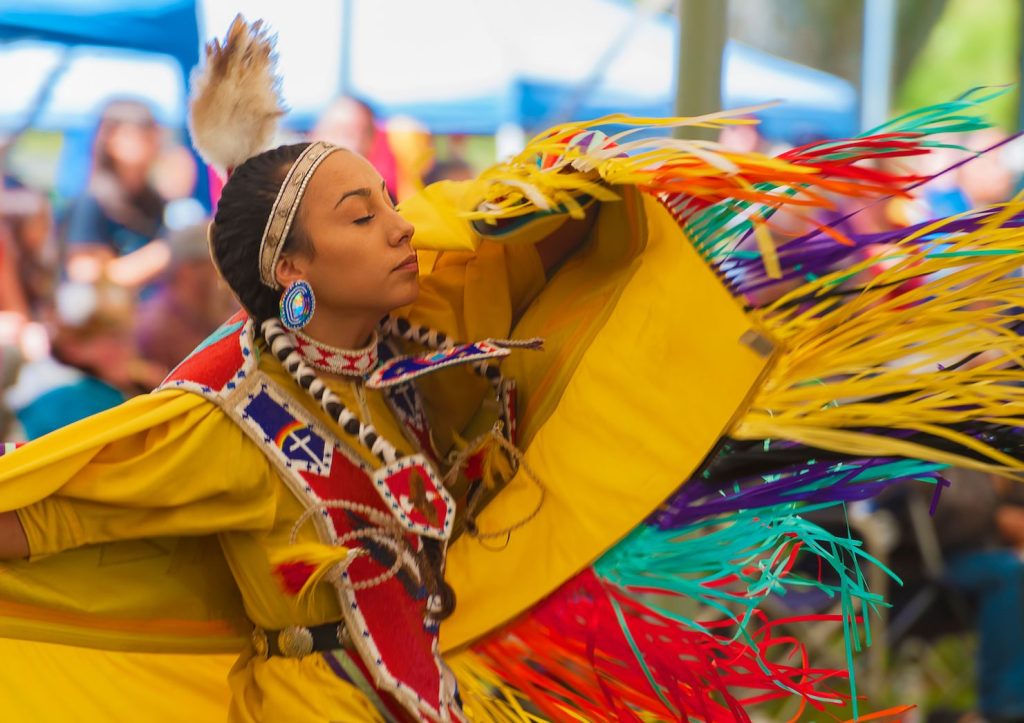
As technology continues to evolve and shape our world, it is crucial to recognize and learn from the rich cultures and traditions of indigenous peoples. Indigenous communities have a deep connection to the land, a holistic understanding of nature, and a profound respect for the interconnectedness of all living beings. By engaging with and honoring indigenous cultures, we can gain valuable insights that can help us create more sustainable and ethical technologies.
The Wisdom of Traditional Knowledge
Indigenous cultures have a wealth of traditional knowledge that has been passed down through generations. This knowledge encompasses a wide range of subjects, from agriculture and medicine to astronomy and navigation. By studying and incorporating this traditional knowledge into our technological advancements, we can benefit from the wisdom and expertise of indigenous peoples.
For example, many indigenous communities have developed sustainable farming practices that prioritize biodiversity and conservation. By learning from these practices, we can develop technologies that promote sustainable agriculture and help combat climate change. Similarly, indigenous knowledge of herbal medicine can inspire new treatments and therapies that are rooted in the healing properties of the natural world.
Respecting Indigenous Perspectives
One of the key principles of indigenous cultures is respect for all living beings and the interconnectedness of the natural world. This perspective stands in stark contrast to the often exploitative and extractive approach of modern technology. By incorporating indigenous perspectives into our technological development, we can create more ethical and sustainable solutions that respect the earth and its inhabitants.
For example, the concept of “ubuntu” in African cultures emphasizes the idea of interconnectedness and community. By applying this concept to technology design, we can create systems that prioritize collaboration and mutual support, rather than competition and individualism. Similarly, the belief in the sacredness of the land in indigenous cultures can inspire new approaches to environmental conservation and resource management.
Collaborating with Indigenous Communities
In order to truly learn from and honor indigenous cultures, it is essential to engage in meaningful and respectful collaborations with indigenous communities. This means listening to and valuing the perspectives and knowledge of indigenous peoples, rather than imposing our own ideas and solutions. By working together, we can co-create technologies that align with indigenous values and priorities.
For example, Microsoft’s AI for Earth program partners with indigenous communities to develop technologies that support environmental conservation and stewardship. By listening to and learning from indigenous perspectives, the program is able to create tools and resources that are tailored to the specific needs and priorities of indigenous communities. This collaborative approach not only benefits the communities involved, but also advances the field of conservation technology as a whole.
Fostering Cultural Exchange
Engaging with indigenous cultures can also help to foster greater cultural exchange and understanding. By learning about indigenous traditions, languages, and practices, we can broaden our perspectives and deepen our appreciation for the diversity of human experience. This cultural exchange can inspire new ideas and insights that can enrich our technological development.
For example, the Maori people of New Zealand have a rich tradition of storytelling and oral history. By incorporating elements of Maori storytelling into virtual reality and augmented reality technologies, we can create immersive and engaging experiences that preserve and celebrate indigenous culture. This not only benefits indigenous communities by preserving their heritage, but also adds richness and depth to our technological creations.
Conclusion
As we continue to innovate and push the boundaries of technology, it is essential that we learn from and honor the cultures and traditions of indigenous peoples. By engaging with indigenous knowledge, perspectives, and practices, we can create more ethical, sustainable, and culturally sensitive technologies. Through meaningful collaborations and cultural exchange, we can strive to create a future where technology is not just advanced, but also grounded in respect for the earth and all its inhabitants.
Let us embrace the wisdom of indigenous cultures and work together to build a brighter and more inclusive technological future for all.


